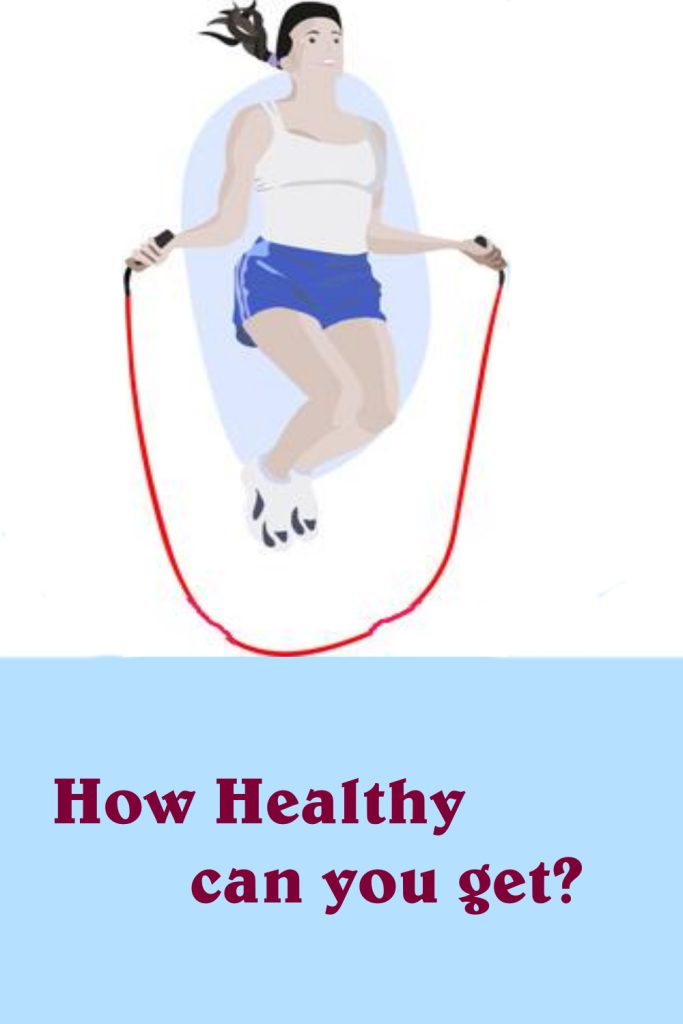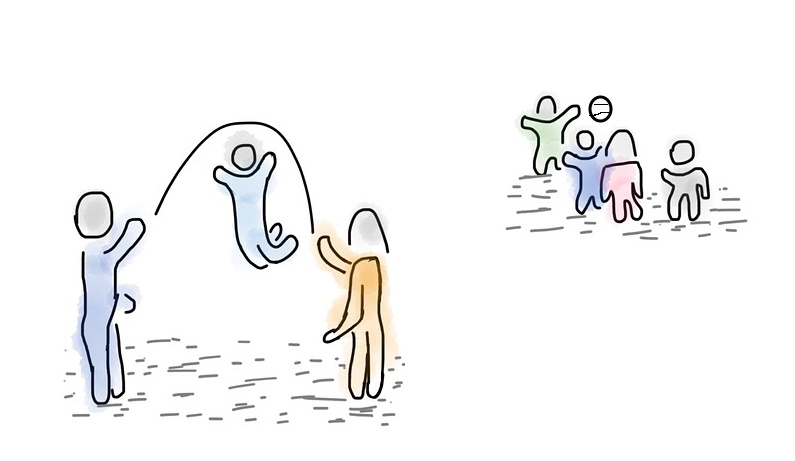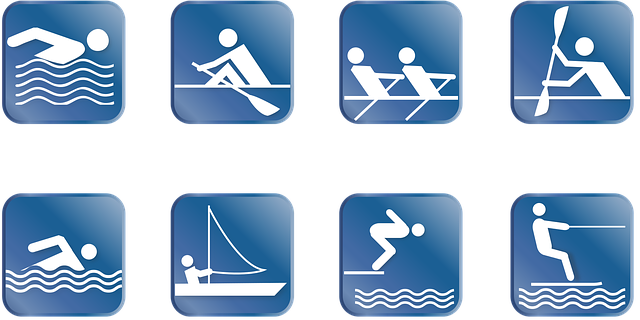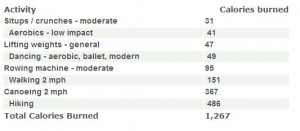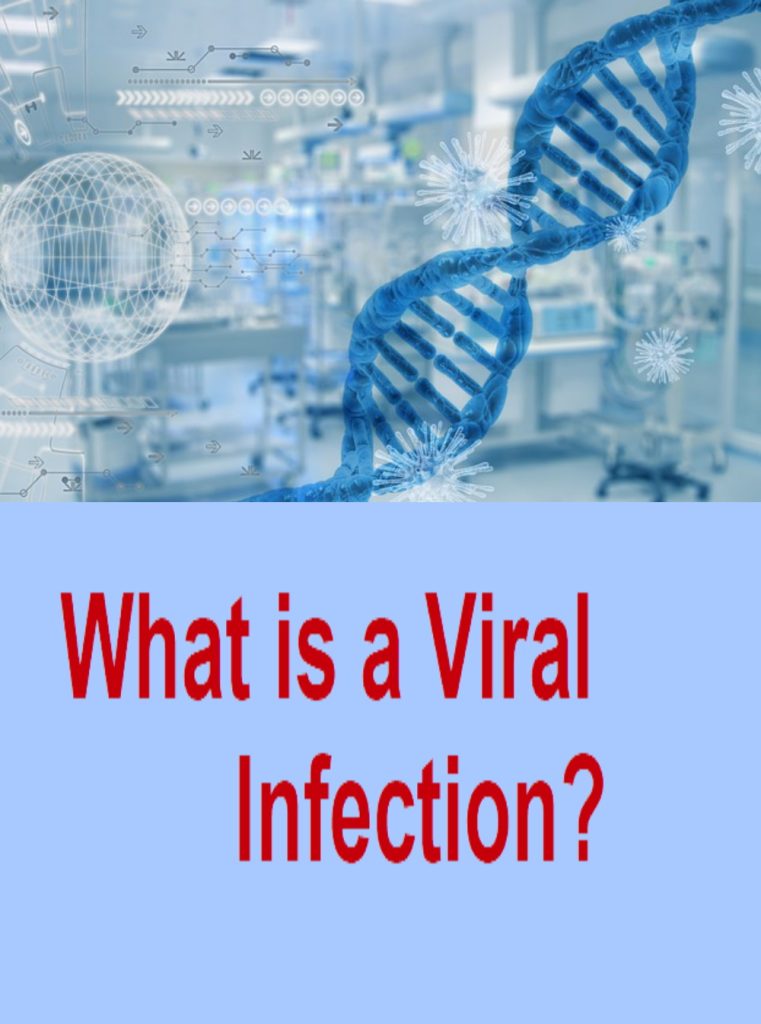
Germs are microorganisms that can be a disease producing (pathogenic) agent, and we know they are part of our surrounding environment. They are living organisms (aka biologic agents) that are able to invade and multiply in body tissues that can cause local cellular injury.
Germs have a cellular structure similar to all living things. These infectious germs include bacteria, protozoa, rickettsia, and fungi next to Virus’s. Today, we will explore just what is a Viral infection?
Traits of a Virus
A virus is an infectious agent that has the following traits;
- able to easily ‘filter‘ through ‘bacteria retaining filters‘ due to their small size
- contain molecules of nucleic acids, either DNA or RNA (like all living things!)
- a protein coating, or made of carbohydrates, and fatty materials
- an inability to grow and replicate outside a living cell
Ok, anyone else thinking about that movie ‘Alien‘ ?
A virus can be particularly dangerous to humans with these traits. They can easily ‘camouflage‘ themselves, and lie ‘dormant‘ in the body’s cells without calling attention to themselves.
Initial Response to a Virus
The virus will invade and affect host cells to act in four ways as follows;
- may allow the virus to ‘live‘ in it’s cytoplasm where the virus lies dormant
- may die without reproducing itself
- may divide and then die
- is transformed to divide and begins abnormal growth patterns
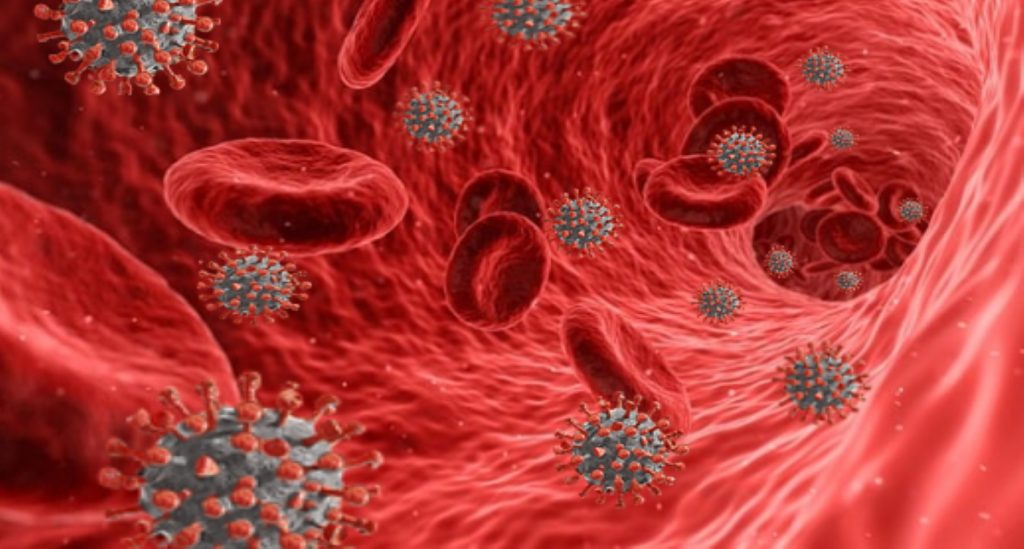
The human body’s immune response system gets triggered once cellular damage begins, and can lead to harm of the body’s cells, or damage to cells in other ways.
A virus can change our cell’s membranes so they’re not recognized by our body causing our immune system to attack our body’s own cells, and get injured or destroyed by our own immune system.
Infectious Process
The process for an infectious virus to spread from person-to-person must be in place. Picture a chain, and the links needed to create it’s length. So must a virus have specific links readied in proper sequence to be passed on.
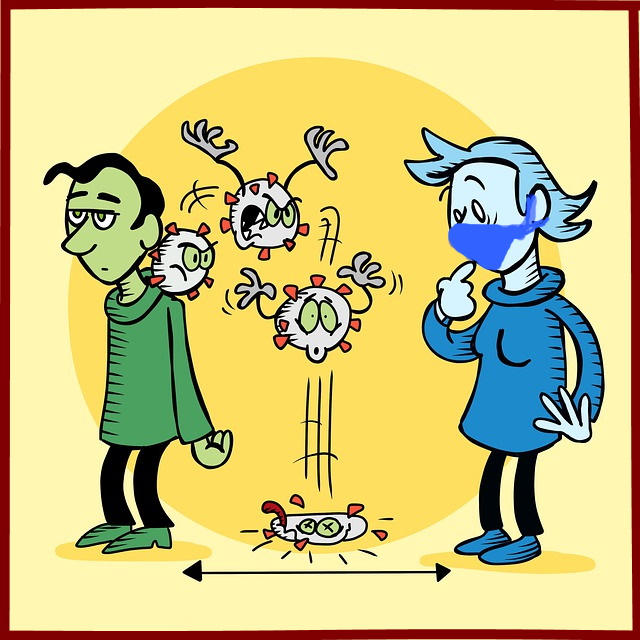
The infectious disease occurs if their needed links are present and set in proper sequence, as follows;
- Link I, the germ must be the ‘causative organism‘. Removal of this link can only occur if the causitive organism is destroyed, or changed to be harmless, while in the host cell environment. Otherwise, it will grow into sufficient numbers, and virulence to destroy normal surrounding tissue.
- Link II, infectious organisms thrive and reproduce in ‘reservoirs‘ in the human body such as body tissues, and wastes of human, (animals and insects) or in food and water that’s contaminated by the virus.
- Link III, a ‘portal of exit‘ such as the respiratory tract, reproductive tract, and the intestinal tract. Injury to the skin, or mucous membranes also provide portals of entry and exit (Link V) through cuts, tears, infections, or damaged that organisms can enter or leave. Remember the virus is tiny.
- Link IV, ‘mode of transfer‘ from the host via the hands, air currents, fomites (inanimate objects, cups, books, cupboards, etc.), vectors (insects can harbor germs, and transfer with a bite and sting), droplets from coughing and sneezing, and any means the pathogens can move from place or host to another.
- Link V, a ‘portal of entry‘ which the pathogens can ENTER the body of a new host
- Link VI, a ‘susceptible host‘, one who has no, or poor immunity, or lack protective resistance to overcome the invasion of pathogens for infection. Many are susceptible due to age, poor diet, immuno – compromised health, poor living conditions, poor health, exposure to weather elements, stress to the body.
Human Body Response
The human body responds with protective measures to invasive infections with the formation of ‘antibodies‘ and a series of responses from our immune systems starting with symptoms of localized ‘inflammation‘. A covid -19 infection is known to cause a ‘cytokine storm’.
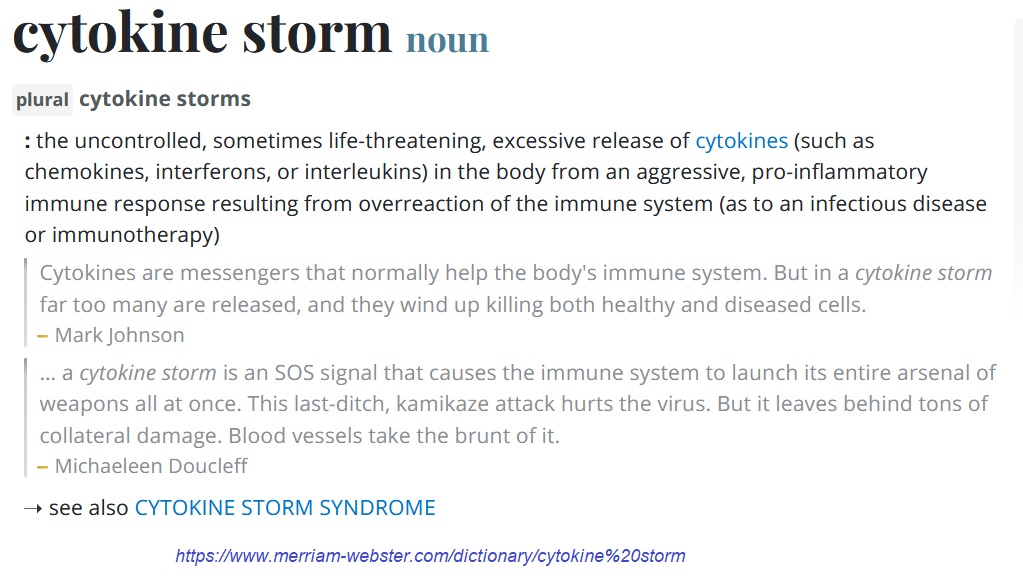
Classic signs of the ‘inflammatory response‘ are heat, redness, swelling, pain, and/or loss of function. These are physical responses of the physiological changes occurring during the inflammatory response stage.
The location and severity of the inflammation can help identify the source of the response and monitor it’s progression or regression. A viral infection will induce a systemic (whole body) inflammatory response such as headaches, chills, muscle aches, sweating, loss of appetite, and depression.
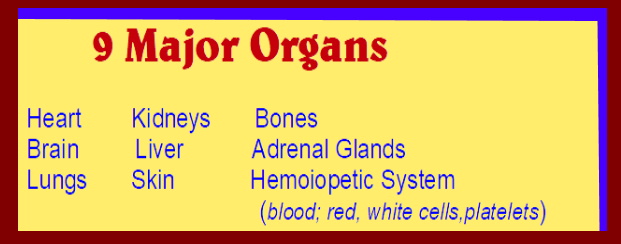
The symptoms alone cannot tell us the difference between flu or Covid-19 since both share similar symptoms. It’s important to get tested for both flu and Covid-19. Check to see if family or close friend can pick up, and drop off a PCR test. Symptoms will begin anywhere 2 – 14 days after exposed to Covid-19, and can range from mild to severe.
Medical concerns with these symptoms are problems that arise such as poor fluid intake, nutrition imbalance, poor comfort, activity intolerance, loss of motion, decline in self-care, frequent urination or defecation, and increased need for rest.
Controlling Infectious Disease
The Centre for Disease Control (CDC) recommended the use of ‘Universal Precautions‘ for healthcare teams in 1987. A directive for health care professionals to view all patient blood, and body fluids as potentially infectious, and to be handled as such.
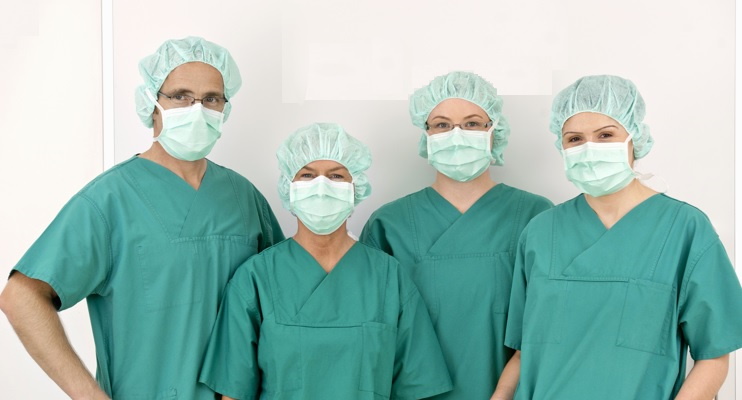
I think we have all seen health care staff with gloves, caps, masks and gowns, and maybe face shields. All this is similar to ‘personal protective equipment‘ (PPE) but for healthcare staff at medical facilities.This is all part of ‘Universal Precautions’ practice. Are you comfortable entering a hospital knowing, it’s been sanitized?
Major goals for healthcare teams who work with infectious diseases are as follows;
- promote sanitary standards in communities
- identify highly susceptible persons to infections
- reduce the chances of getting or spread of infections
- promote and deliver immunization programs against infectious diseases
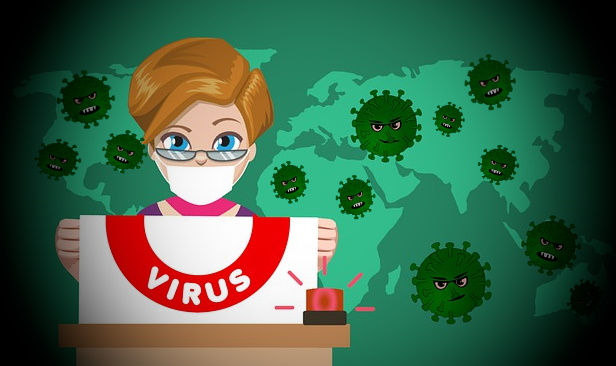
Unfortunately we have substandard housing, indoor and outdoor rodents, insects, dust, human waste, contaminated foods and water supplies that are all major sources of infections. Do you make efforts to sanitize your home?
Virus’s of Today
Today, we have the SARs-Covid, RSV, and the Flu virus’s going on around us aka the ‘tripledemic‘. Health professionals know that virus’s are continuously evolving, and adapting to their surrounding environment. This includes adapting to bypass the protections from vaccines for the SARS-Covid 19 virus.
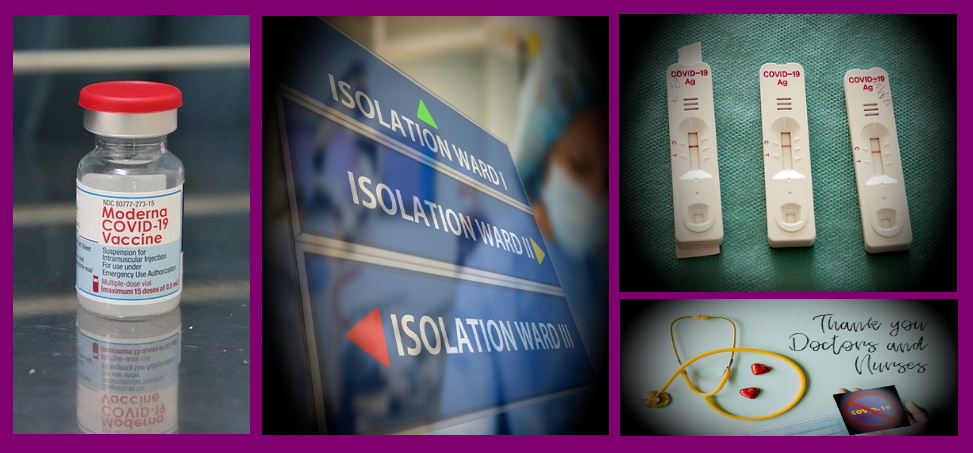
Health researchers have released near bi-monthly reports that the Covid virus gets more infectious with every adaptation (new generation), and new names are added to the list of this evolving virus. I don’t think I’m alone trying to remember the name of the latest, or the name of the last virus. 😐
Tiring of Stress Living with a Pandemic
Pandemic fatigue refers to people tiring of the safety precautions set in place by Health officers, and government officials plus worrying about keeping jobs to insure shelter, food and paying the bills. They are no longer ‘mandating‘ masks but tell us, ‘do your best’.
It will be your own responsibility whether you stay healthy or get infected. It will be your responsibility whether you wear a mask, wash your hands, and maintain a safe distance.
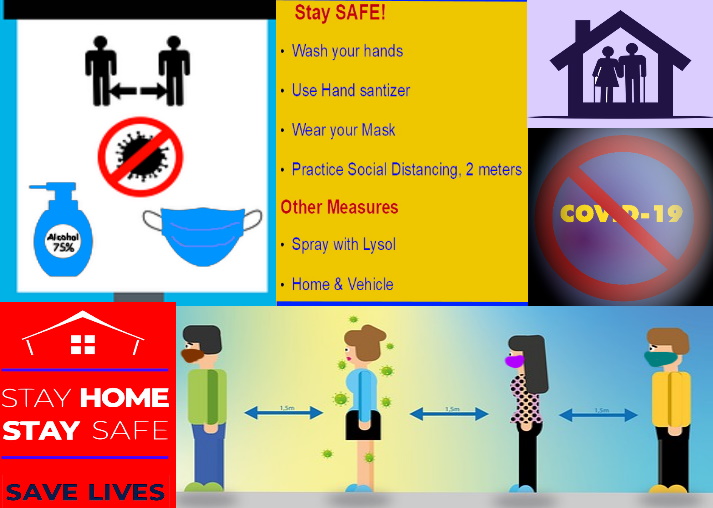
I continue wearing my mask, washing my hands, and keeping my distance. I have family with immunocompromised health issues that these infections could seriously cause further damage or death.
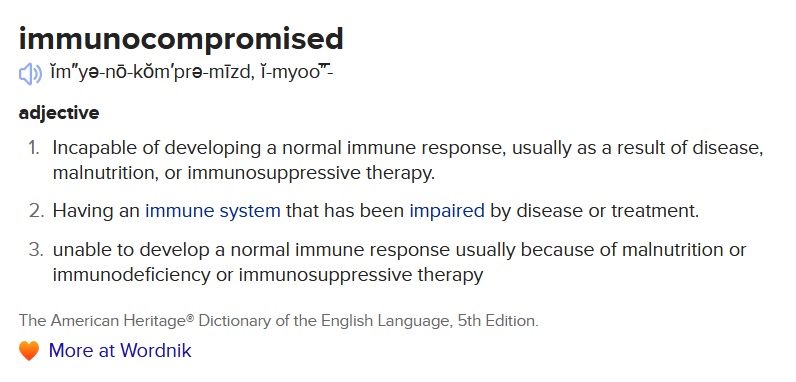
I would rather do my best to Protect my family, friends, and neighbors plus You. So, if you see me with my mask, nod, and don’t mind me. We’re in this together, our scientists are working hard plus studying each new variant to find a cure or improve the vaccine. We can only do our best, to stay alive, stay healthy, have faith in our scientists, and each other.
Learning in Motion
Extra Learning Resources
What is a vaccine? Types, stages for approval
What to know about antiviral drugs and products
I hope you found this article informative and gained some new insight. Please feel free to leave your comments and share your new found knowledge with others. Use the ‘Ask A Question’ form to make a request on a topic of your own interest. It is FREE to subscribe by email or RSS feed.
AIC| An Informal Cornr, all rights reserved. Ginsense writes articles at AIC|An Informal Cornr about business skills and development, health, science, technology, society, and enjoys advocating for independence, security and a better world for all of us. Learn something new 🙂 Visit today!

